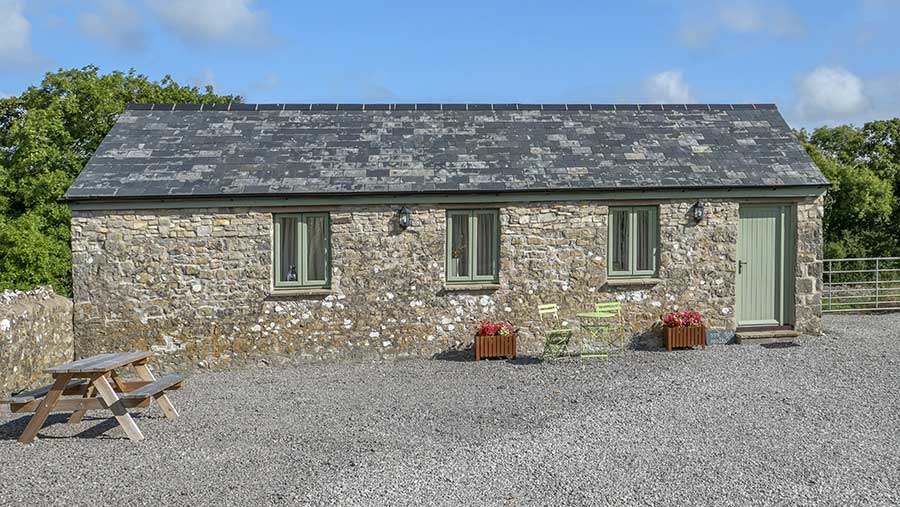Survey shows surge in farm diversification
 © Adobe Stock/David Hughes
© Adobe Stock/David Hughes The proportion of farmers with a diversified business jumped to 37% in 2021 from 31% last year, according to a survey by NFU Mutual.
This annual increase is much greater than in previous years, with the percentage of farms diversifying in 2019 and 2018 accounting for 30% and 28% respectively.
Income from non-farming enterprises as a percentage of the total business turnover also increased, rising to 16% in 2021, compared with 11% in the previous year.
See also: How to benefit from the growing demand for holiday lets
More than one-third (34%) of the farms already operating a non-agricultural enterprise expect these to contribute a higher percentage towards their total business income during the next five years.
What is driving this change?
Several factors are reported to be behind the rise on alternative enterprises.
NFU Mutual attributes much of the change to Brexit and the risk of cheaper food imports.
Changes to subsidies as the Basic Payment Scheme is phased out may also put pressure on farm businesses to look for alternate sources of income.
Coronavirus is encouraging staycations in the UK, creating new opportunities for many farm businesses.
The annual diversification report shows holiday accommodation to be one of the most common options, found on 12% of farms surveyed.
The most popular types of diversification, in order, are:
- Renewable energy
- Non-holiday property letting
- Holiday accommodation
- Equestrian
- Farm shops
- Caravan/camping sites
The survey shows England has the highest percentage of farms with a form of diversification at 43%.
Thirty-nine percent of farms in Scotland and 34% of farms in Wales had a non-agricultural enterprise.
The proportion in Northern Ireland was considerably lower, at just 16%.
Tax implications
A potential risk when considering a new non-agricultural enterprise is the impact this may have on inheritance tax.
If buildings or land are removed from agricultural use, this could mean that benefits such as agricultural property relief are removed.
Sean McCann, NFU Mutual chartered financial planner, said: “Some diversified businesses may qualify for business property relief [BPR], which can also reduce an inheritance tax bill.
“In order to get BPR, the land or buildings must normally be used for ‘trading’ rather than ‘investment’ purposes.”
